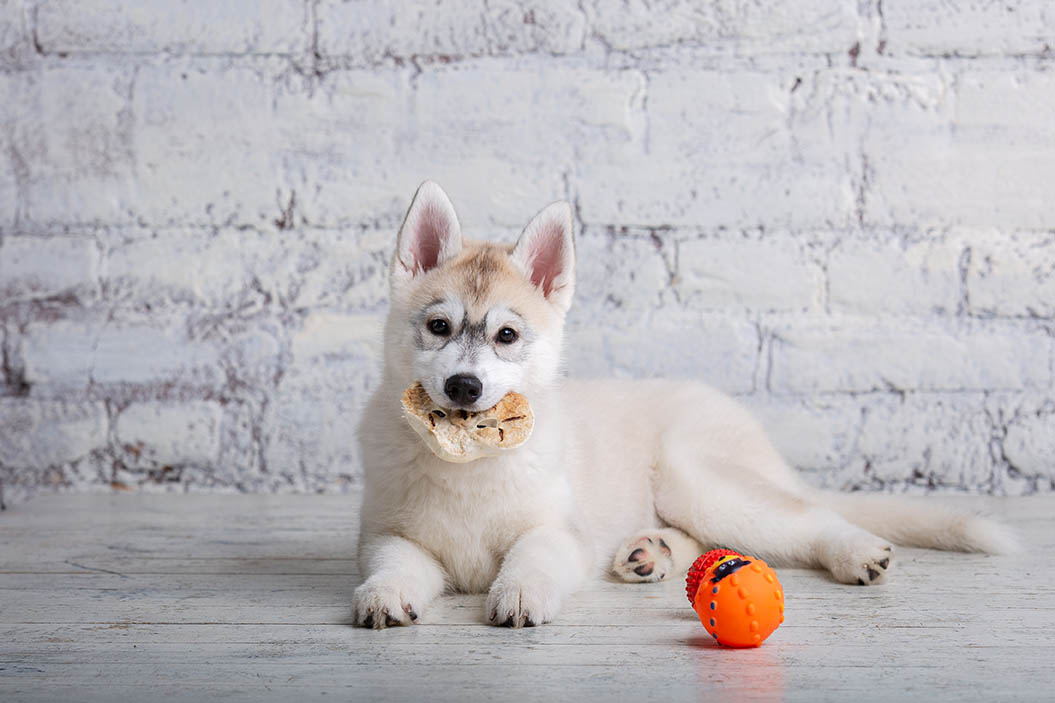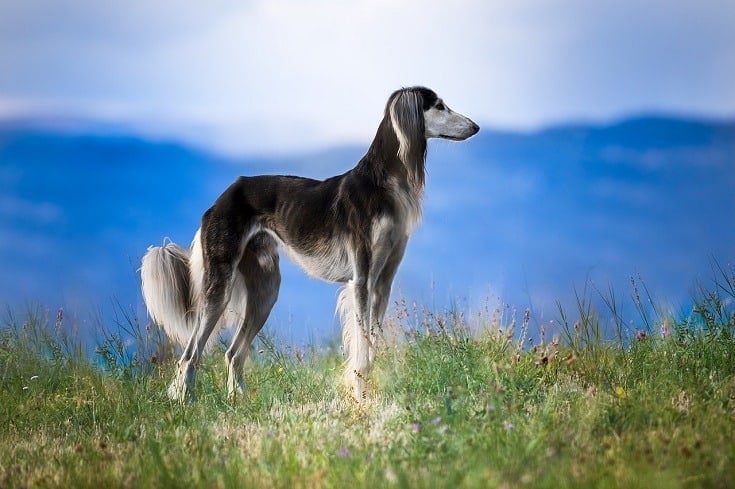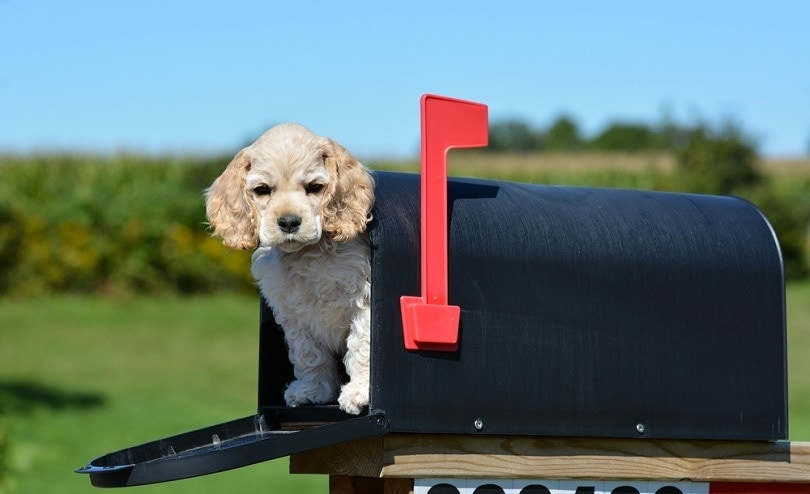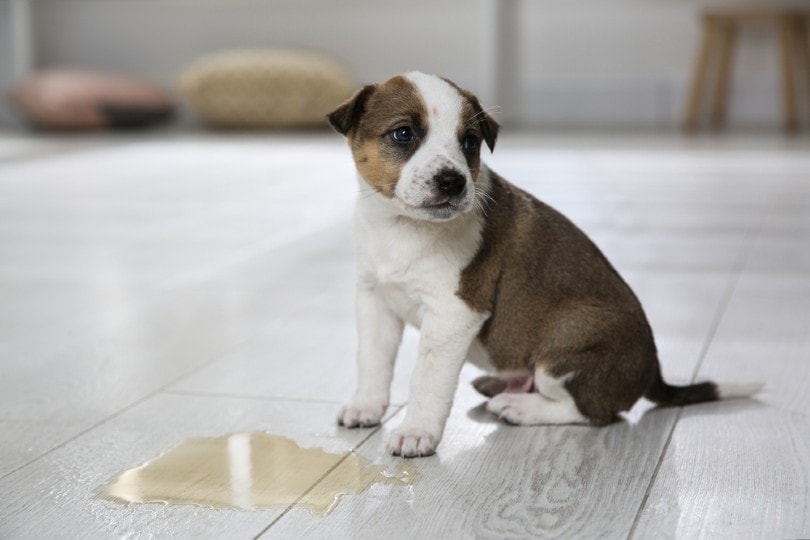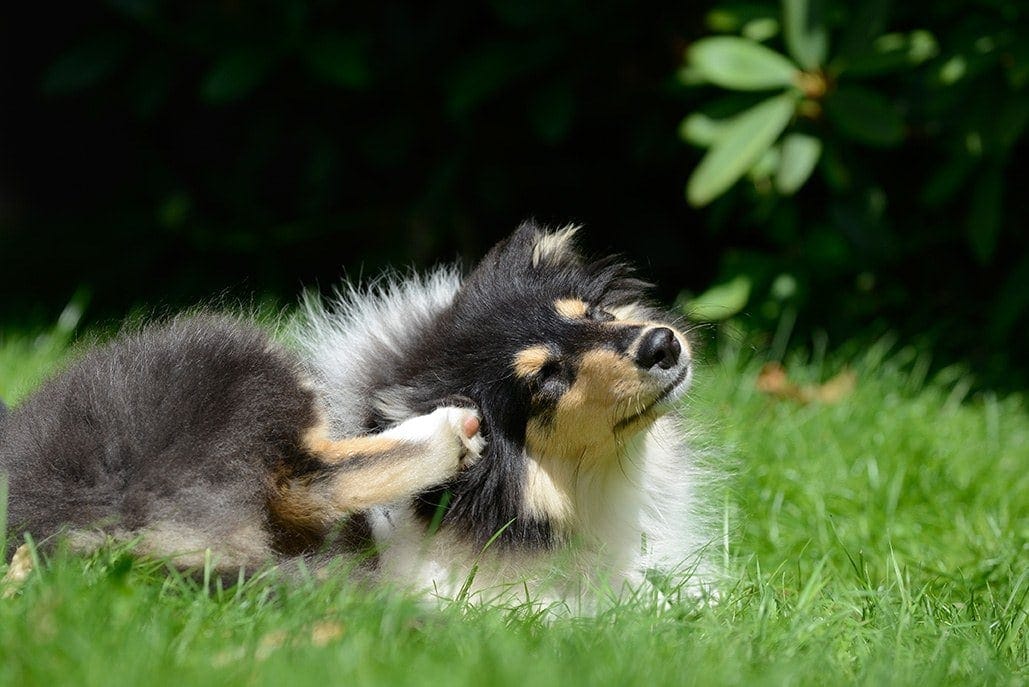Pet care is changing. People are becoming more aware of how things affect their pets’ health, causing them to make healthier and smarter choices to keep their dogs in better health. As such, many treats that have always been provided for pooches without much thought have come under scrutiny.
If you’re concerned about the effects of offering your dog treats like pig and cow ears, then you’re just being a responsible pet parent. Just because something has always been done traditionally, doesn’t mean it’s a great thing to continue. But in the case of pig and cow ears, they’re perfectly safe treats for dogs under most conditions. Granted, there are some things to be aware of when offering this treat to your canine companion, which we’ll explore below.
Are Pig and Cow Ears Safe for Dogs?
Under normal conditions, both pig and cow ears are healthy and safe treats for dogs. They’re made up mostly of cartilage, which is soft and won’t splinter as bones can. Most pig and cow ears are an entirely natural treat, but not all of them are. If you want to ensure that what your dog is chewing on is good for its health, then you’ll need to be very particular about which pig and cow ears you choose to purchase.
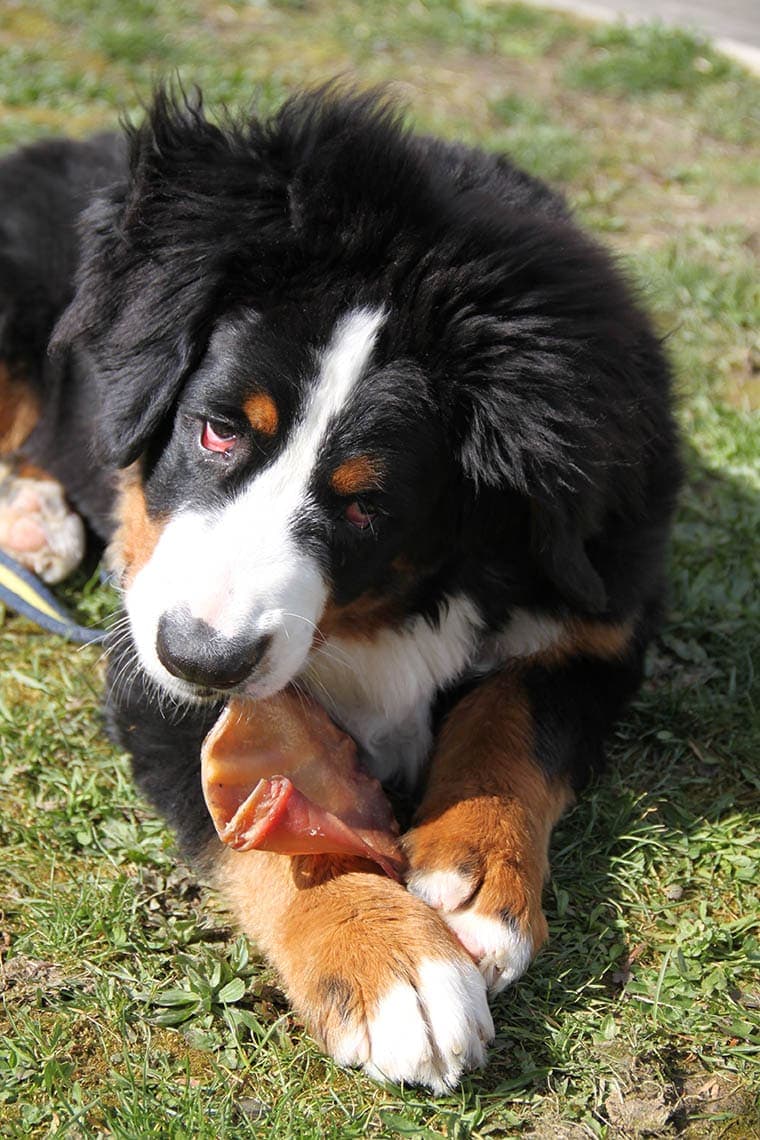
Are They Beneficial for Dogs?
Many treats that we offer our dogs are safe but don’t offer any benefits for our pets. Pig and cow ears can actually be beneficial for our dogs though. As mentioned, they’re mostly made up of soft cartilage, which is great for a dog to chew on.
While your dog chews, the cartilage is slowly cleaning its teeth by scraping away any tartar and plaque that has built up on your dog’s teeth. So, this treat can actually improve your dog’s dental health, though it doesn’t do too much to help with bad breath! Cartilage is also full of chondroitin, which is great for improving joint health and can even help dogs with arthritis.
Aside from cleaning your dog’s teeth, cow and pig ears provide plenty of beneficial nutrients. These treats are low in fat and high in protein, which is exactly how your dog’s diet should look. In fact, most cow ears are only 1%-3% fat and between 66%-90% protein. Still, there are plenty of calories in a cow or pig ear, so be sure not to offer it to your dog too often, or it could pose a risk for making your dog overweight.
How to Choose the Right Pig & Cow Ears
One of the most important things to consider when feeding your dog pig and cow ears is how the treat is made. Even though ears are natural, not all of them on the market are made the same. Many of them are processed and altered, which means you’re no longer offering your dog an entirely natural treat.
First and foremost, ensure that the ears you choose to offer your dog actually look like ears! Processed ears don’t look the same. Natural ears still have the same shape they had when they were on the animal. Look for ears that still retain this shape so that you know they’re not processed. This generally indicates that all of the natural nutrients and flavors are still present in the ear. In processed ears, a lot of the nutritional benefits that your dog could be receiving will be absent.
Possible Risks of Offering Pig and Cow Ears to Your Dog
The main risk of feeding your dog pig and cow ears is the extra calories. Despite being low in fat, these ears still contain calories. When overfed, this can easily contribute to weight gain in your dog.
Some dogs might not do as well with ears as other dogs. For these canines, pig or cow ears might cause diarrhea. For this reason, it’s best to offer your dog a piece of an ear first and see how it does. Usually, diarrhea only occurs in dogs that have eaten too many cow or pig ears or if they’ve never had one before. For the most part, cow and pig ears are well tolerated by most dogs.
Choking is also a possible hazard of cow or pig ears. Because they’re made up of cartilage, they’re not too hard, but they are hard enough to potentially choke your dog. This is especially true when your dog gets to the end of the ear. That last little chunk is very susceptible to swallowing. If your dog swallows it, the chunk might become lodged in your dog’s throat. To avoid this, always take the last little bit away before your dog has the chance to choke on it.
Conclusion
Many dog treats are far less healthy than we’d like. Still, these have been offered to dogs for generations. But in today’s health-conscious society, many people are considering healthier alternatives and giving more thought to the treats they’re offering their canines.
Cow and pig ears have long been given to dogs without much thought. Luckily, these treats are still safe to give your dog. They contain lots of protein and very little fat. Plus, the cartilage can clean your dog’s teeth and even provides plenty of chondroitin for your pooch, which can aid in joint health. Just be sure to pick unprocessed ears to be certain you’re giving your dog the healthiest, most natural treat possible.
Featured Image Credit: fotoliza, Shutterstock
